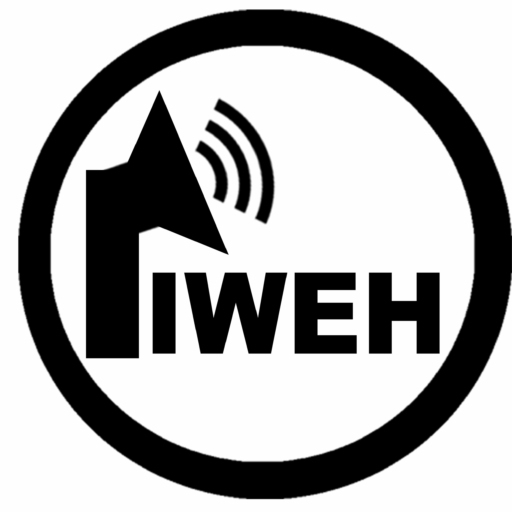In the relentless pursuit of literary excellence, writers often forget the silent weapon in their arsenal—the power of taking a break. It’s a counterintuitive strategy, akin to a soldier stepping back from the front lines, not in defeat, but to gather strength for the next advance. Let’s delve into how transforming breaks into a strategic tool can elevate your writing journey.
Losing the Spark Before the Break
We all know the feeling: staring at a blank page, the well of inspiration seemingly dry. We force words onto the page, but they lack spark, lacking the magic that once flowed freely. This, my friends, is when the power of the break comes in.
Taking a break from writing isn’t a surrender, it’s a strategic retreat. It’s a conscious decision to step away from the battlefield and recharge your creative batteries. But taking a break isn’t a one-time event, it’s a practice to be woven into your writing routine. Here’s how to make it a powerful tool for sustained creativity and growth:
Schedule Retreats for Renewal
The concept of writing retreats is not new, yet its benefits remain underappreciated. By scheduling regular retreats, you’re not running away from your work; you’re running towards a new source of inspiration. These designated periods of rest are your chance to disconnect from the pressures of deadlines and reconnect with the joys of creativity. Whether it’s a secluded cabin in the woods, a tranquil beach, or a bustling café in a foreign city, changing your environment can dramatically shift your perspective and unlock new avenues of thought.
Embrace Micro-Breaks
The marathon of writing is won with sprints of rest. Intersperse your writing routine with micro-breaks—short, deliberate periods of detachment throughout your day. This could be as simple as a five-minute meditation, a brief walk around the block, or a moment spent tending to a garden. These pauses are oases in the desert of creative drought, places where your mind can hydrate and prepare for the journey ahead. The magic of micro-breaks lies in their ability to refresh your focus, preventing the mental fatigue that often leads to writer’s block.
Journal Your Journey During Breaks
A break from writing doesn’t mean a break from creativity. Keeping a journal during your time away from formal work is a conduit for unconscious thoughts to surface. Scribble without purpose, doodle without direction, and let your mind meander through the pages. These raw, unfiltered expressions are often the seeds of profound creative ideas, ready to be nurtured into full-blown projects upon your return.
Read Beyond Your Genre
Exploration does not stop with the physical world. Diving into books outside your usual genre exposes you to different styles, themes, and narrative structures, enriching your literary toolbox. Whether it’s poetry if you’re a prose writer, non-fiction if you pen fiction, or exploring a genre you’ve never considered before, each book is a window into a new way of seeing the world—a priceless asset for any writer.
Engage with the World
Interaction with a diverse range of individuals provides material that no amount of solitary brainstorming can. Every person you meet is a living library of experiences, emotions, and perspectives. Engaging with others, listening to their stories, and understanding their viewpoints can breathe life into your characters and narratives, providing authenticity that resonates with readers.
Immerse Yourself in Nature
Nature is the world’s oldest muse. Its timeless beauty and inherent tranquility have inspired poets, writers, and artists throughout history. Immersing yourself in natural settings allows you to disconnect from the digital noise that clutters your creative space, opening your senses to the subtle inspirations that the natural world offers freely.
Embrace Creative Play
Creativity is not a river that flows only in the direction of words. Engaging in different forms of artistic expression can unlock new creative faculties within you. Whether it’s painting, playing an instrument, or photography, these activities stimulate parts of your brain that writing alone cannot reach. They allow you to express familiar emotions through unfamiliar mediums, providing fresh perspectives on old dilemmas.
Reflect and Meditate
In the quiet moments of reflection and meditation, you can hear the whispers of your inner voice—the source of your most authentic creativity. This introspective practice helps you sift through the clutter of daily thoughts and focus on the ideas that truly matter. It’s in these moments of stillness that you can find the clarity and depth that will distinguish your writing from the sea of content that floods the literary landscape.
Incorporating Breaks: A Path to Sustainable Creativity
Viewing breaks as an integral part of your writing routine rather than a diversion from it can transform your creative process. It’s a strategy that champions the long-term health of your creativity over short-term gains. By adopting these practices, you arm yourself not just with a refreshed mind but with a reservoir of inspiration, perspectives, and ideas that will fuel your writing journey for years to come.
Remember, the power of the break is not in the act of stopping but in what you do with the space it creates. So, writers, embrace the retreat, for it is in stepping away that you truly step up in your writing journey. Remember, taking a break isn’t a sign of weakness; it’s a sign of strategic brilliance. By incorporating these practices, you’ll cultivate a sustainable writing practice filled with renewed creativity and vibrant storytelling. Now, go forth, writers, and embrace the power of the break!
